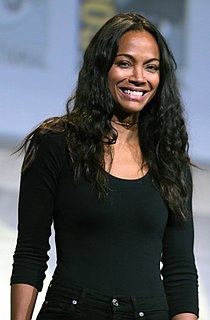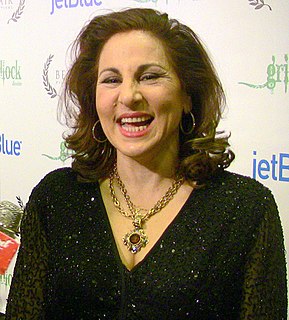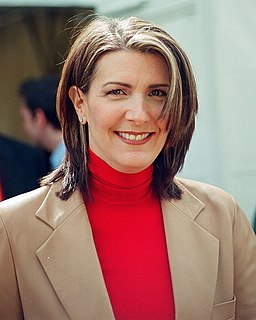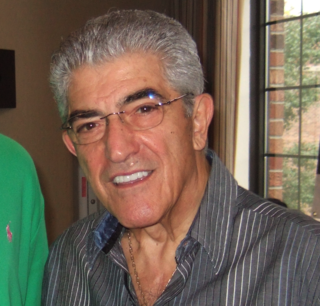A Quote by Zoe Saldana
In dance you use every party of your body except your voice. I wanted to start acting because I wanted to use my voice.
Related Quotes
I was a ballet dancer for so long, but when I realized I had reached my limit and that I couldn't go any further I knew I wanted to pursue acting. That's one thing you don't use as a dancer - your voice. And the one thing I use most in my life is my voice so it's wonderful to get to express myself artistically through the biggest instrument I use.
Sometimes I get a little confused because with dancing I can express my emotions with my body. With acting you have to do it with your face and your expressions, and then with animated shows you have to use your voice and use your inflections. So it's definitely a challenge to transfer from each genre of entertainment.
While voicing animations I use the same acting muscles, even more because you have to channel all into your voice, whereas when you're live-action you get props and scenery and other actors and your facial expressions and what happens to help you. It's not necessarily easier as an actor to do voice-overs, it's easier as a person.
We're always being told 'find your voice.' When I was younger, I never really knew what this meant. I used to worry a lot about voice, wondering if I had my own. But now I realize that the only way to find your voice is to use it. It's hardwired, built into you. Talk about the things you love. Your voice will follow.
I feel like you have to use your energy, you have to use your resources to help those who don't have a voice. Whereas back in the day, you could say, "I didn't know about this. What was I supposed to do? One person can't make a difference." No, like, none of that's valid. You can make a difference, and you do have a voice.



































